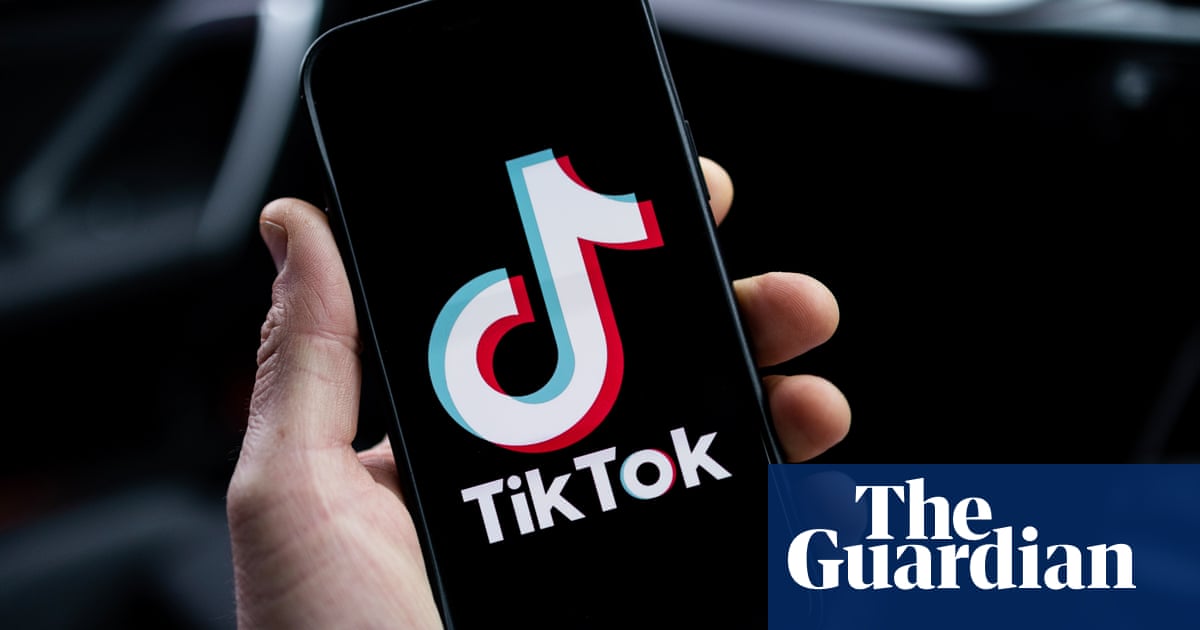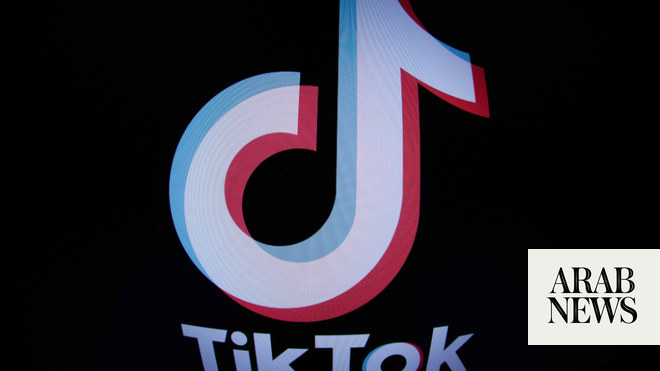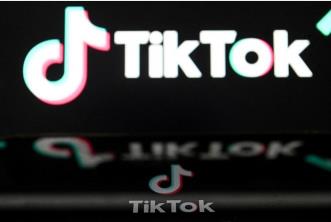
TikTok has been urged to strengthen its content moderation policies around suicide and eating disorder material by organisations including the NSPCC and the Molly Rose Foundation.
The groups claimed TikTok had not acted swiftly enough following the publication of research suggesting the app’s recommendation algorithm pushes self-harm and eating disorder content to teenagers within minutes of them expressing interest in the topics.
In a letter to TikTok’s head of safety, the organisations asked the app to take “meaningful action” including: improving moderation of eating disorder and suicide content; working with experts to develop a “comprehensive” approach to removing harmful content; supporting users who may be struggling with eating disorders or suicidal thoughts; and regular reporting on the steps being taken to address those issues.
The signatories, more than two dozen organisations that also include the American Psychological Association and the US Eating Disorders Coalition, claim TikTok has removed just seven of the 56 coded eating disorder hashtags highlighted in research published in December by the campaign group the Center for Countering Digital Hate. CCDH said there had been 1.6bn further views of those hashtags since November last year.
“Since CCDH’s report was released in December 2022, you have chosen to deny the problem, deflect responsibility, and delay taking any meaningful action,” said the groups in a letter to the TikTok safety boss, Eric Han.
Responding to the CCDH report last year, TikTok said the research, which used fake accounts that dwelt on videos about body image, eating disorders and mental health in order to test the responsiveness of the app’s recommendation algorithm, did not reflect the experience or viewing habits of its real-life users.
The letter was disclosed in the same week that TikTok, which has more than 1 billion users worldwide, said it would limit teenagers joining the app to an hour of use each day. However, the restriction can be changed or removed in the app’s settings.
A spokesperson for TikTok said many people who struggled with, or were recovering from, eating disorders used the app for support.
“Our community guidelines are clear that we do not allow the promotion, normalisation or glorification of eating disorders, and we have removed content mentioned in this report that violates these rules. We are open to feedback and scrutiny, and we seek to engage constructively with partners who have expertise on these complex issues, as we do with NGOs in the US and UK,” said the spokesperson.












